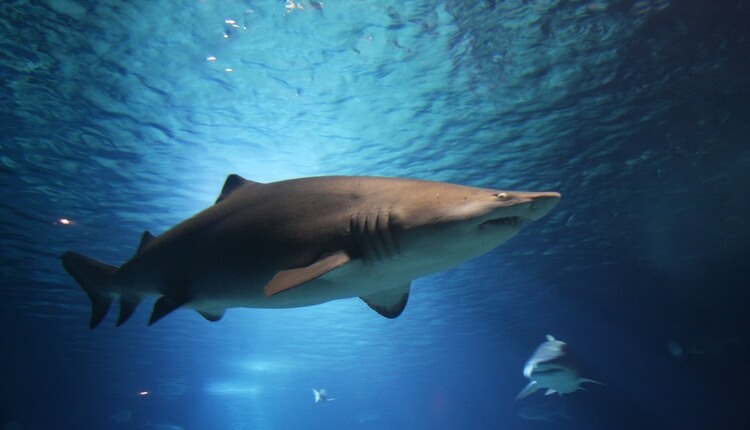
I’m becoming increasingly interested in the academic literature on predatory publishing, especially the differing definitions and argumentative strategies these articles use to illustrate the problem of poor-quality publishing.

I’m becoming increasingly interested in the academic literature on predatory publishing, especially the differing definitions and argumentative strategies these articles use to illustrate the problem of poor-quality publishing.

The initial vision Now that OpenCitations is hosting over one billion freely available scholarly bibliographic citations, this is perhaps an opportune moment to look back to the start of this initiative.

In his call for open citations, Dario Taraborelli hailed the scholarly citation graph (in which the nodes (vertices) are individual academic publications and the links (edges) represent bibliographic citations from one publication to another) as one of humankind’s most important intellectual achievements.

UK Research and Innovation today published its updated policy on open access. For journals, the policy is simplified and normalised across the disciplines. Immediate open access under CC BY is mandated (with exceptions considered on a case-by-case basis), meaning no embargoes for green open access. Hybrid publishing will not be funded by UKRI where the journal in question does not have a transitional agreement.
What should an open scholarly infrastructure look like?
We want to express our gratitude to the 18 institutional members and customers of the Consortium of Swiss Academic Libraries which have now pledged 89,250 euros to support OpenCitations over the next three years. This generous donation is part of a total funding of

The science is clear: humanity is living beyond the regenerative capabilities of our planetary boundaries. It is easy to forget when building a business, that we are also contributing to the excess. For us to create a sustainable science, we need to create a culture of sustainability thinking across economic, social, and ecological domains.
“The competitive benefits of closing access to citation data diminish with each new citation released to the public domain, but the benefits of open data remain. Going forward, citation data is almost completely public domain” . With these words, from the article “A tipping point for open citations data“ (July 15, 2021), Ian Hutchins celebrated the threshold crossing of one billion citations on public-domain databases in February 2021.

The Pandemic hit the vast majority of European HEI unprepared. The members of AEDiL saw this as a starting point for a collaborative project taking innovative methodological pathways.

As rumours circulate about the forthcoming UKRI open access policy announcement, fierce lobbying is underway by publishers worried that the policy may undermine their business models. Elsevier has even taken the step of directly emailing their UK-based academic editors to criticise the rumoured policy and encourage academics to relay the publisher’s views to UKRI.